Protecting the most vulnerable young people is very important and this is "a priority" when it comes to the risk of human trafficking and social exploitation, German Ambassador in Bucharest Peer Gebauer said on Tuesday.
The German Embassy in Bucharest and The Association Sexul vs. Barza (Sex vs. Stork) organised a joint event at the end of the project "Preventing human trafficking and sexual exploitation and strengthening resilience", to present the measures to support the child protection system in Romania, according to a press release from the diplomatic mission, agerpres reports.
Last year, the project was supported by the German Embassy with 49,520 euros.
The projects aims to better protect vulnerable groups and, in particular, young people in vulnerable situations.
"The non-governmental organisation Sexul vs. Barza, which has been successfully working on this topic for many years, has now developed a pedagogical toolkit for specialists in state institutions to increase knowledge and strengthen the resilience of young people in this area," said Ambassador Gebauer.
The president of the Association Sexul vs Barza, Adriana Radu, underlined the motivation of her team to use their expertise on reproductive health and women's rights for the development of activities to prevent human trafficking.
"We appreciate the collaboration we have had in the project with colleagues and adolescents of the emergency centre under the General Directorate of Social Assistance and Child Protection (DGSPC) Buzau and thank them for their willingness to collaborate in developing training opportunities," she said.
The toolkit developed by the Association Sexul vs Barza to support the child protection system, the prevention of human trafficking and sexual exploitation consists of two educational plans: a manual to support teachers, social workers and psychologists in the child protection system in Romania and a guidebook.
The Association Sexul vs Barza has been campaigning for women's rights and reproductive rights in Romania and the EU since 2013. The NGO has created more than 200 educational videos, which have been viewed more than 100 million times and reach around 500,000 followers on various platforms. It also offers free online counselling on reproductive and emotional health since 2019, which has been accessed by over 5,000 young people.
Romania remains the main country of origin of exploited and trafficked persons in the European Union. More than three quarters (82%) of victims are women, trafficked mainly for sexual exploitation, the German Embassy recalls.
Nearly 70% of trafficked victims do not have a high school diploma, and almost 50% are under 18. Also, 40% of missing children in Romania come from the state protection system.
For more information, those interested can access the online platforms www.sexulvsbarza.ro and www.dgaspc-buzau.ro.

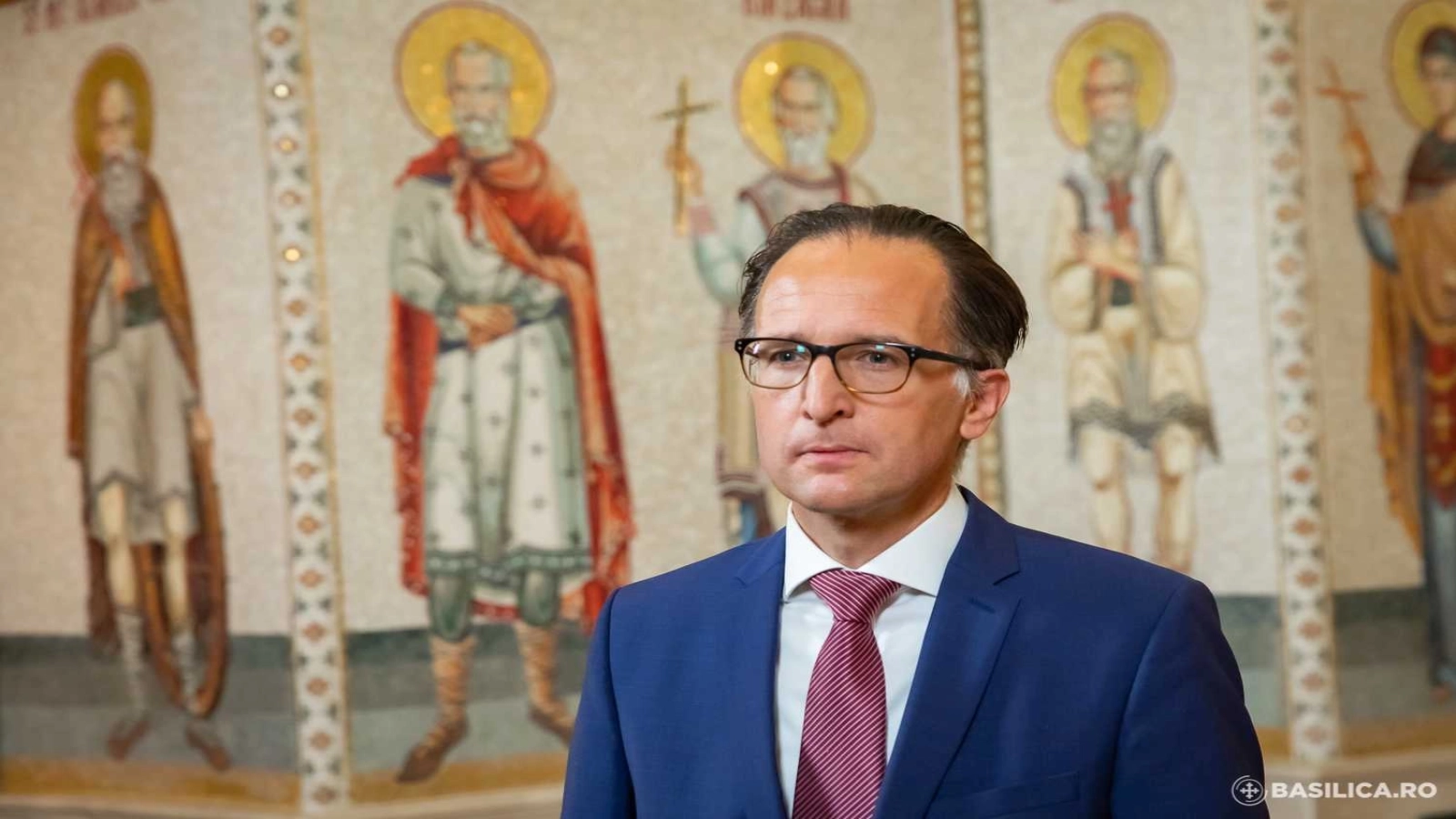

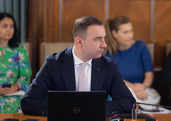
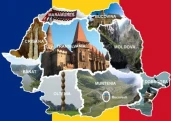


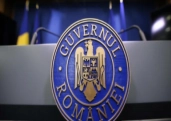

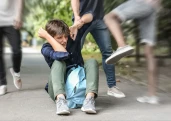
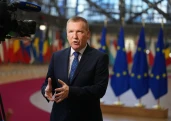


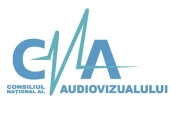
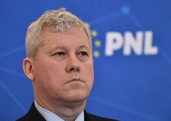


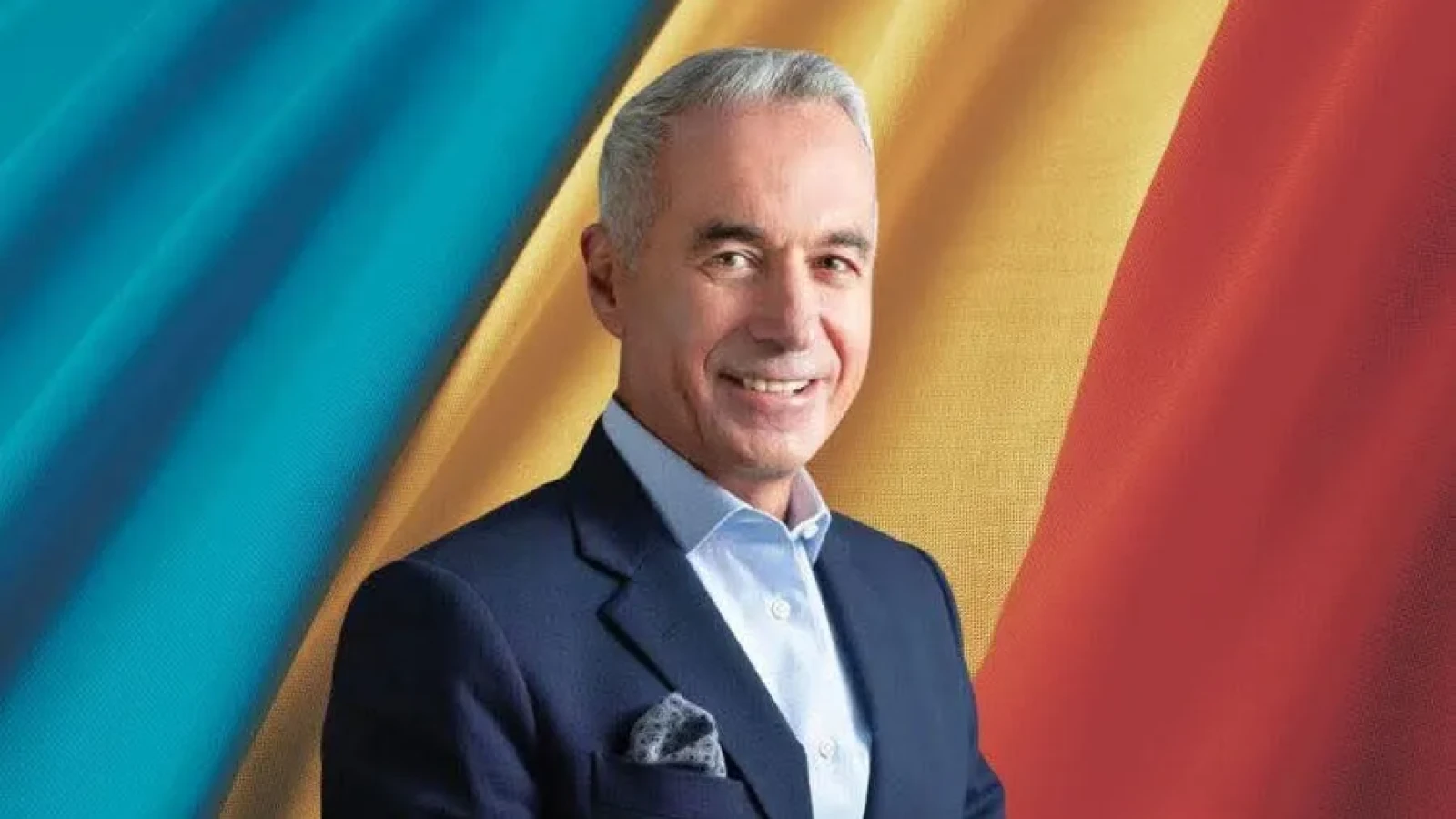


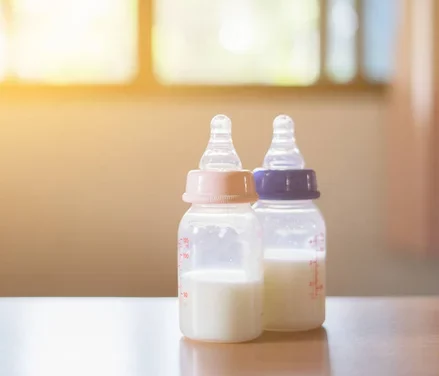
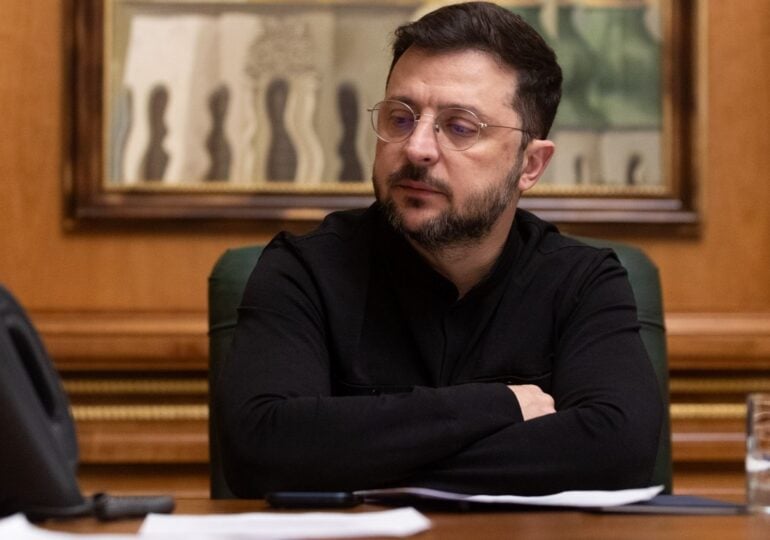

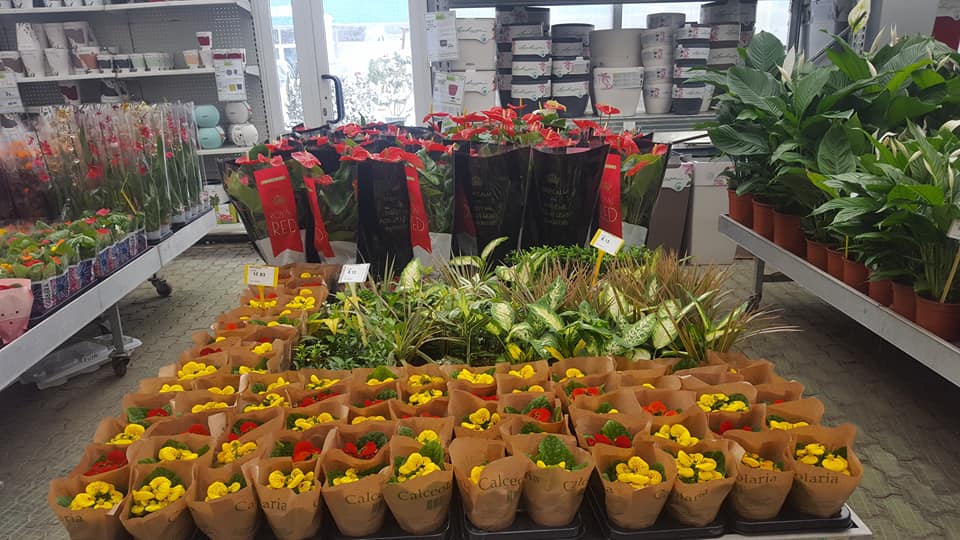




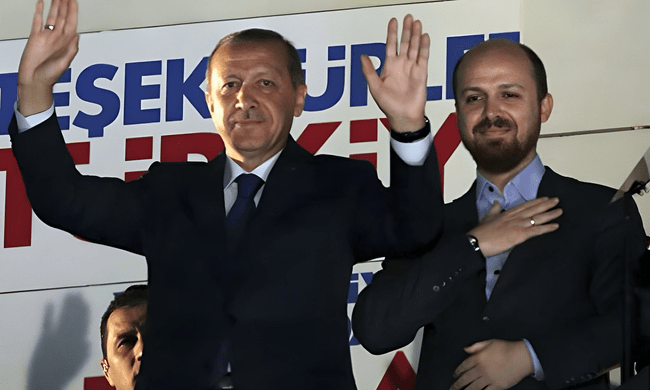



Comentează